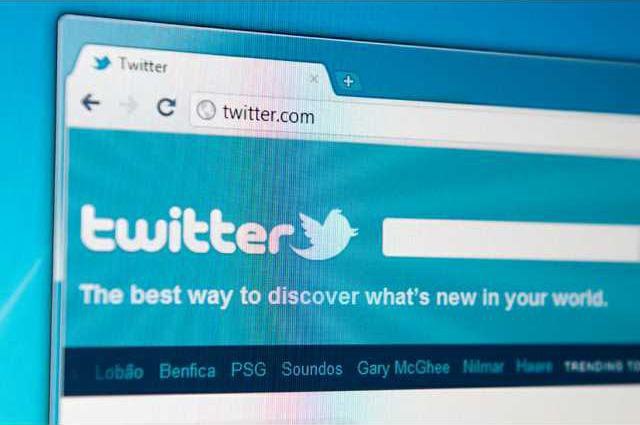It's hard to deny Twitter's influence in the race tensions, riots and acts of terrorism that have occurred in the past year. Viral hashtags like #BlackLivesMatter and #ICantBreathe not only gave a voice to those outraged over racism, but they forced the mainstream media to pay attention as well.
Enter Black Twitter, a community within Twitter dedicated to raising awareness and discussing race-related issues that created the hashtags that captured the country's attention in the wake of Ferguson, Missouri, and subsequent race conflicts of late.
"Black Twitter can move mountains," Stereo Williams wrote for The Daily Beast. "The murders of Trayvon Martin and Mike Brown, the reality of street harassment, the racial crisis brewing in the Dominican Republic these are all stories that became of major importance because Black Twitter made sure the world understood what was happening."
Black Twitter has become so influential that the L.A. Times has assigned a reporter specifically to cover it, and some critics worry the move might be one of exploitation rather than an attempt to better cover minority populations.
L.A. Times editor Mitra Kalita hinted at the newsroom's general ignorance of Black Twitter in the leaked memo announcing the new Black Twitter beat.
"Dexter Thomas joins us today to cover Black Twitter (which really is so much more complicated than that)," the memo read.
It's the ignorance of much of the news media about Black Twitter that worries journalism professor Meredith D. Clark.
"What media elites call 'exploration' of diverse groups online can be justifiably characterized as exploitation by members of the communities weve failed to connect with and cover for so long," Clark wrote for Poynter.
While media outlets like the Times and Vox attempt to better cover minority groups with measures like making Black Twitter or gender issues specific reporting beats, Clark suggests the outlets might go a step further and try to diversify their newsroom staffs as well.
Until then, Thomas, the Times' new Black Twitter reporter, hopes to take the mystery out of Black Twitter and race issues for a diverse audience.
"As far as mainstream media are concerned, (Black Twitter is) mostly police brutality activism and tweets about Beyonce," Thomas told Poynter. "Most of the coverage has been heres whats Black people said on Twitter yesterday. Theres no understanding of it."
Enter Black Twitter, a community within Twitter dedicated to raising awareness and discussing race-related issues that created the hashtags that captured the country's attention in the wake of Ferguson, Missouri, and subsequent race conflicts of late.
"Black Twitter can move mountains," Stereo Williams wrote for The Daily Beast. "The murders of Trayvon Martin and Mike Brown, the reality of street harassment, the racial crisis brewing in the Dominican Republic these are all stories that became of major importance because Black Twitter made sure the world understood what was happening."
Black Twitter has become so influential that the L.A. Times has assigned a reporter specifically to cover it, and some critics worry the move might be one of exploitation rather than an attempt to better cover minority populations.
L.A. Times editor Mitra Kalita hinted at the newsroom's general ignorance of Black Twitter in the leaked memo announcing the new Black Twitter beat.
"Dexter Thomas joins us today to cover Black Twitter (which really is so much more complicated than that)," the memo read.
It's the ignorance of much of the news media about Black Twitter that worries journalism professor Meredith D. Clark.
"What media elites call 'exploration' of diverse groups online can be justifiably characterized as exploitation by members of the communities weve failed to connect with and cover for so long," Clark wrote for Poynter.
While media outlets like the Times and Vox attempt to better cover minority groups with measures like making Black Twitter or gender issues specific reporting beats, Clark suggests the outlets might go a step further and try to diversify their newsroom staffs as well.
Until then, Thomas, the Times' new Black Twitter reporter, hopes to take the mystery out of Black Twitter and race issues for a diverse audience.
"As far as mainstream media are concerned, (Black Twitter is) mostly police brutality activism and tweets about Beyonce," Thomas told Poynter. "Most of the coverage has been heres whats Black people said on Twitter yesterday. Theres no understanding of it."








